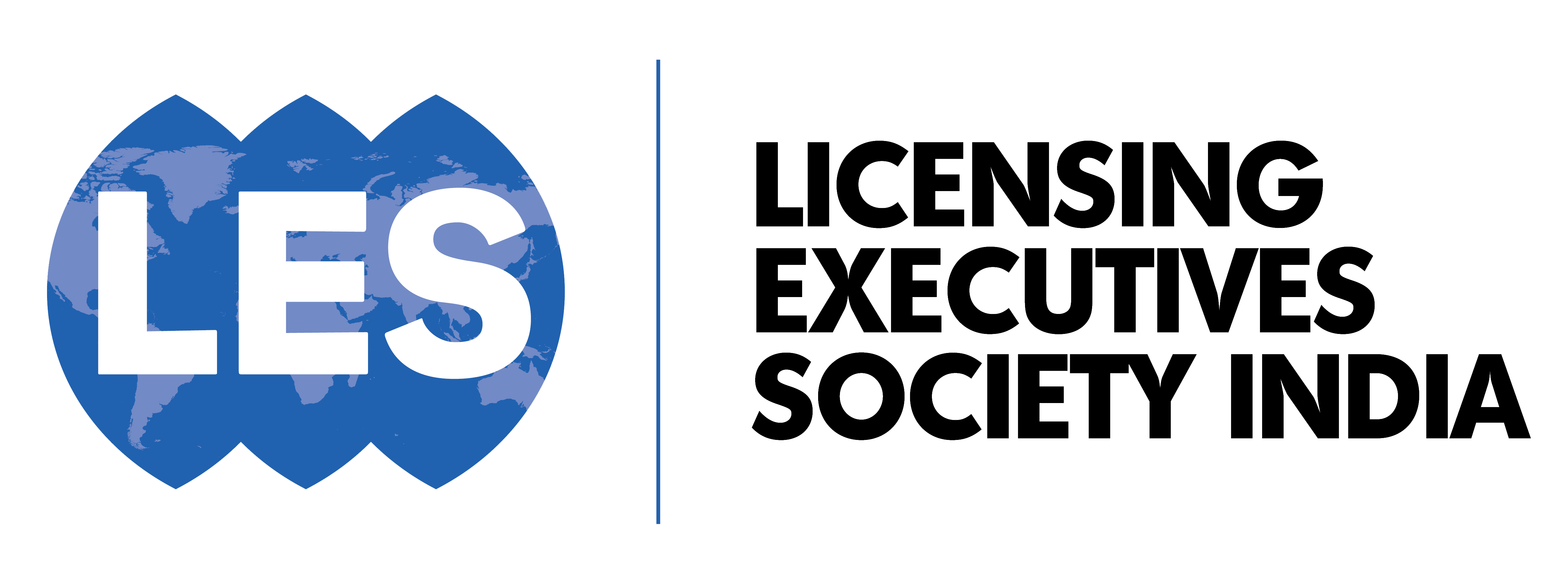The Exhaustion Theory Is Not Yet Exhausted
Three years ago, I wrote in this magazine an article “Recent Developments in the U.S. and the EU: The Exhaustion Theory Is Not Yet Exhausted” (les Nouvelles, September 2009). A recent decision of the European Court of Justice in the Oracle vs. UsedSoft case (http://curia.europa.eu/juris/document/document.jsf?
text=&docid=124564&doclang=en&mode=req) has brought new food for thought to the discussion of the boundaries of the perimeter of the exhaustion theory with respect to the commercialization (importation) of products that are subject to intellectual property rights; the interest of the UsedSoft decision is that this time, the case focuses on the implications of the exhaustion doctrine with respect to copyright and software, the combination of which has not yet been an area of attention for the European Court of Justice. The purpose of this paper is to extract several key rulings of the Court’s decision in order to determine the scope of the judgment for software vendors on the one hand, and on the other hand, to pin down the issues that remain open-ended and which may thus be a source for future litigation in this area.
1. The Oracle vs. UsedSoft Case
UsedSoft is a German company which trades in used software licences. The business model developed by this company consisted in purchasing obsolete software licences from enterprises and other institutions, whether as a result of system changes, staff reductions, cuts in business segments, insolvencies, etc. As part of its commercial offer, UsedSoft proposed ‘used’ software licenses for computer programs that were developed and sold by Oracle. These programs were normally made available for download on the Internet. Hence, UsedSoft customers downloaded the resold software directly from Oracle’s Web site after acquiring a ‘used’ licence (i.e. the activation key for accessing the downloaded file) via UsedSoft.
Oracle sought an injunction from the German courts to cease this practice, putting forward the limited rights that were granted to purchasers of its software over the Internet, i.e. “a non-exclusive, nontransferable user right, exclusively for your internal business purposes and for an unlimited period”; downloading of copies of computer programs from the Internet should therefore not be regarded as a “first sale” that result in the exhaustion of the distribution rights that form part of the copyright in that article, but as mere licenses (rentals) for which the Court has held in previous jurisprudence that such arrangements do not exhaust the copyright in the (licensed/rented) article itself.
The Bundesgerichtshof decided to stay the proceedings and refer the case to the European Court of Justice for a preliminary ruling on the question whether the right to distribute a copy of a computer program should be considered exhausted when the acquirer has made the copy with the rightholder’s consent by downloading the program from the Internet onto a data carrier.
On July 3, 2012, the Court rendered its judgment, retaining the exhaustion of right for software resale. The following key rulings merit further evaluation. One should keep in mind that part of the judgment is motivated by the wording of the Directive n



